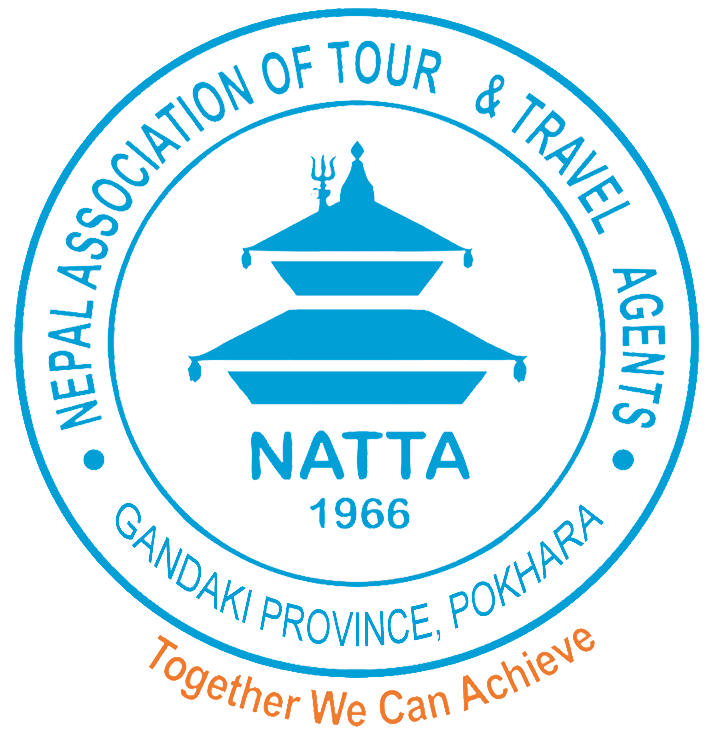
Ashad 15 (Dhan Diwas), The Rice Plantation Festival of Nepal and Dahi Chiura
Nepal is famous for its cultural diversity. Different kinds of festivals are celebrated in the country on different occasions with the message of peace and harmony.Nepal government has announced 15th of Ashard of each year as "Dhan Diwas" or "National Paddy Day" During this special day, the local people plow and plant rice in the field singing traditional folk songs (Asare Geet), splashing mud to each other and eating Dahi Chiura (curd or yogurt with beaten rice). Ladies usually sow the paddy plants while boys plough the land according with traditional agricultural instruments. The culture of paddy plantation is simply amazing and enjoyable. People take this occasion as festival and agricultural phenomena.
With the questions like "which type of rice are you planting?", "when will the rice be harvested?" etc. the local farmers begin plantation. Like previous years, this year also the monsoon started at the first week of Asar month with the dark clouds, windy climate and stormy weather. This festival is also called as "Monsoon Festival", " Ropai Jatra (meaning the event of plantation)", "Dhan Diwas (meaning Rice planting day)", "Dahi Chiura Khane Din (meaning the day of eating Curd or Yogurt with beaten rice)", "Kheer Khane Din (meaning the day of eating Rice pudding)", etc. On this day, after finishing plantation to some area, the farmers make a holy offering praying to God of Water and Goddess Annapurna to bless their lands with enough water and proper harvest.
As soon as the monsoon arrives, there is a different kind of happiness in the face of the farmers and they become busy with the preparation of the rice plantation or dhan ropai. All the able members of the family get together start planting the rice and also help each other in the village to complete the plantation. This unity displays the amazing understanding and the harmony among the villagers. Their hard work is the symbol of faith in the agriculture that will help them feed their family for the further years. With the hope of good harvest, the farmers get into the muddy field and do the rice plantation. Even though Nepal is an agricultural country, only 21 percent of the total agricultural lands have been provided with irrigation facilities. Rest of the land are devoid of irrigation facility or the lands dried up turning into barren lands due to lack of supply of water to the lands.
Nowadays there has been trend of organizing Ropai Jatra in various places of Nepal and especially around the periphery of the capital city, Kathmandu and the tourist hub, Pokhara valley. This Rice plantation festival has become another attraction for the tourists visiting Nepal and indirectly increase the national revenue and the local sources of income. The places like Bungamati, Dhapakhel, Chapagaun, Machhegaun, Kavrepalanchowk, etc. are some villages which are conducting such Ropai festival every year with the hope of raising some funds for the local development. The organizers take some entrance fees in order to participate in such festivals that is handover to the local people or spend in the development programs of the villages. The tourists visiting Nepal also are happier to attend such festivals and play with the local people in the muddy fields. Such programs are not only helping to increase the revenue but also directly promoting the tourism into the villages where the historical and cultural pearls are yet to be discovered.
Nepal is an agrarian nation and the Rice is the main staple dish. The Nepalese people prepare rice in their meals daily and usually twice a day. Without rice, it is like the lunch or dinner is incomplete. So this day is celebrated praying for a good output by the time of harvest. Even though, very less tourists visit Nepal during monsoon season, they have spread the fun of celebrating this Dhan Diwas. Hence, there is a mild spike in the increase of number of tourists during this rainy season too in order to enjoy the fun of splashing or throwing the mud to each other. Also there is another way to save your remaining time of vacation, i.e. planning a trek or hike to Jomson or Upper Mustang as these areas fall under Rain shadow. During the rainy season also, there is less rainfall comparatively to other places and the enjoyment of exploring these Rain shadow areas during monsoon season is a different vibe of adventure. Remember Step On Himalaya, choose us and just leave the rest, you can then just entertain yourself with the natural and cultural diversities of the place. Finally, make your trip wonderful by joining the "Rice Plantation Program" on Asar 15 of every year celebrating the Dhan Diwas or Ropai Jatra.
Author: Step On Himalaya
Date: 30th June, 2019










